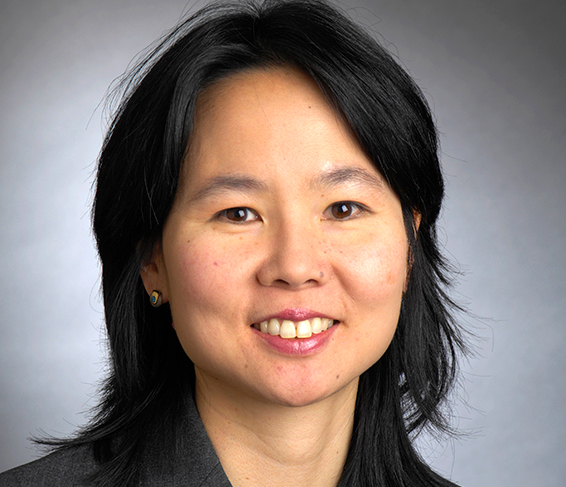While there are genetic and lifestyle risks for breast cancer, some may not realize that breast density also plays a significant role in risk for the disease.
Breasts are considered dense if they are mostly made up of glandular and fibrous tissue and not much fat. Breast density can be seen only on a mammogram; the firmness of breasts is not an indicator. Breasts are most dense when a woman is young; for most women, dense breast tissue will be replaced by fat as they age.
Is there new research on changes in density and breast cancer risk?
Multiple studies have shown that higher breast density can be associated with an increased risk of developing breast cancer. While breast density generally declines with age, a new study has found that a slower rate of decline may also be associated with a higher risk of breast cancer.
How is breast density determined?
Breast density is usually determined by a radiologist, based on the appearance of breast tissue on a mammogram.
Are both breasts usually the same density?
Generally, the density of both breasts is similar. Since most people are not perfectly symmetrical, however, it may not be exactly the same.
Are doctors required to tell patients if they have dense breasts?
Breast density is routinely measured and reported in most states, including Massachusetts. In early 2023, the U.S. Food and Drug Administration (FDA) updated its regulations to require mammography facilities to inform patients about the density of their breasts. The changes also promise to strengthen the FDA’s oversight of such facilities and help physicians better assess mammograms.
Is it harder to see cancer on a mammogram of dense breasts?
Mammography images of dense breasts can be more difficult to interpret than those of less-dense breasts. Dense breast tissue appears white on standard mammograms, as does abnormalities such as calcifications and tumors. This can make it harder for radiologists to distinguish normal from potentially cancerous tissue.
Fatty tissue, by contrast, appears on mammograms as a darker area.
Should women with dense breasts have additional screening tests?
The United States Preventive Services Task Force (USPSTF) currently does not recommend additional screening tests such as ultrasound or MRI for women with dense breasts, because the value of these tests for such individuals is unclear. The USPSTF is currently reviewing its recommendations in this area.
Take Dana-Farber’s AssessYourRisk Quiz to learn more about your personal risk of breast and ovarian cancer.
About the Medical Reviewer

Dr. Chen received her MD from the University of Pennsylvania in 1993. She completed her internal medicine residency at the Brigham and Women's Hospital and her fellowship in hematology-oncology at Dana-Farber/Partners CancerCare. She received her MPH from the Harvard School of Public Health in 1999. She has been on staff at the Dana-Farber Cancer Institute and a research associate at the Channing Laboratory since 1999.

Hey, thank you sharing such a great post! In fact, the other night I was at a Christmas eve party and I got to talking about this topic with someone there. Now, this guy was a radiologist, and he was getting into thermography. He believed that since mammograms can miss tumors in denser breasts, a combination of the two may be the best way to conduct screenings for breast cancer. I was curious what your thoughts were?